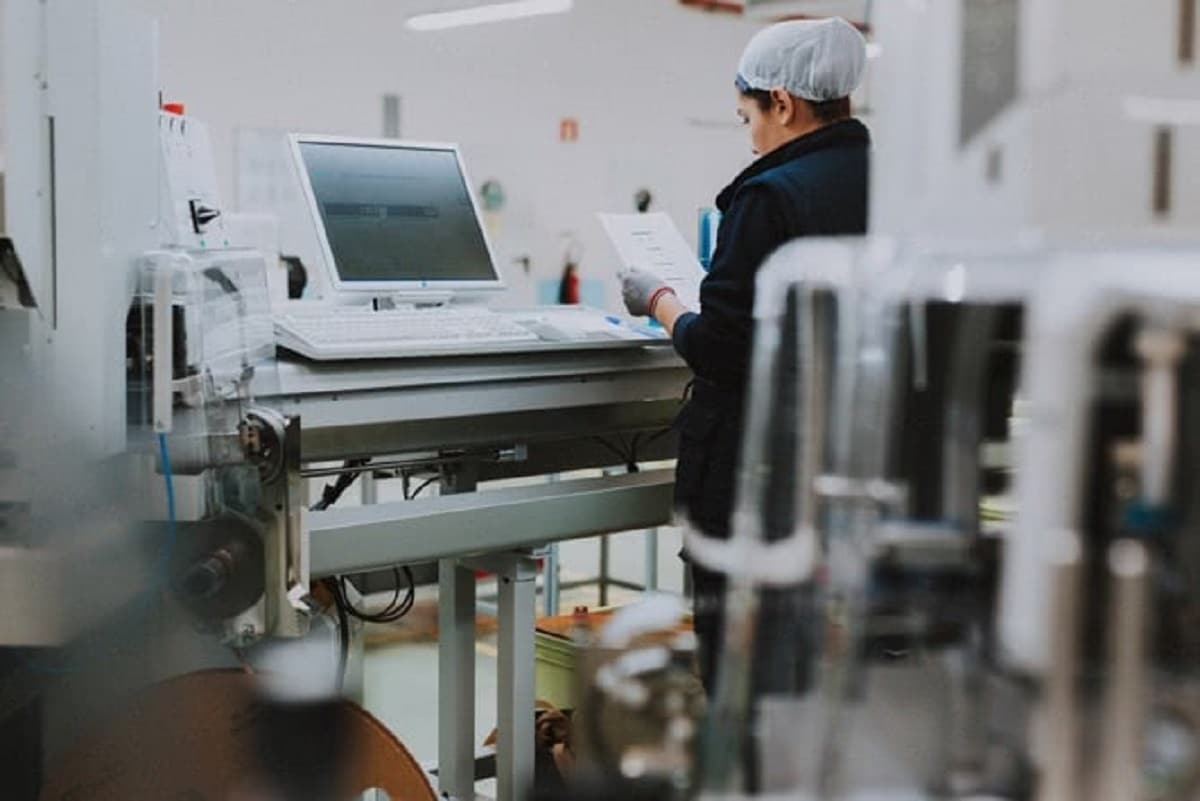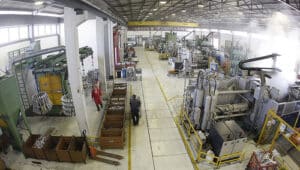“In space of week” 600 jobs put at risk
In the space of just one week, 600 factory jobs in the Minho region have been ‘put at risk’. Every one of those jobs is in a company dedicated to the automotive sector.
The first shock came at Coindu, in Arcos de Valdevez, which produces car seats – and which has announced the closure of its plant at the end of this year, and the consequent collective redundancy of 350 workers.
Then came the communiqué in Spanish to the 250 workers of the Cablerías factory, producing wiring harnesses, in Valença talking about insolvency proceedings.
According to Expresso, Cablerías’ staff had very little idea this was coming: they were aware of ‘a huge debt’ and had heard rumours that suppliers were not delivering material because of non-payment, but they had no idea their jobs were to be put at risk.
“If we were attentive, we’d see that there were fewer of us every week, but we’ve never had wage arrears, for example,” said workers who spoke to the paper. “We know that we have a diversified customer portfolio that includes clients such as Caetanobus, Stellantis, Valeo and even a military tank manufacturer,” they said.
Expresso has been unable to speak to Cablerías’ management, but rumours are circulating in the Minho business community that coincide with the workers’ accounts.
“There is talk that the Spanish are not interested in producing wiring harnesses in Portugal, for reasons of competitiveness, particularly in comparison with Morocco, but they have admitted to re-adapting the factory for another industry or for a complementary activity also in the automotive sector, which would soften the loss of jobs”, said one of the paper’s sources.
In fact, there ‘may be an opportunity’ in what appears at first to be a bombshell.
“Businessmen from the sector who also asked not to be identified told Expresso, that there are hypotheses on the table such as the production of wiring harnesses with more added value, for aeronautics, or the transformation of the unit into a factory that makes assembly lines to produce wiring harnesses in another country, with more competitive costs”, says the paper.
What is certain is that “the reinvention of the car industry business is inevitable”, Ramiro Brito, president of the Minho Industrial Association considers. This moment of crisis in the sector – with signs clearly visible in German and French producers, for example, could end up “being an opportunity to move forward”.
Even so, Brito believes, “there are still opportunities for us to have an industry linked to the automotive sector in Portugal, in segments such as the robotised production of wiring harness production lines.
“In the case of Coindu, as far as we know, there are already several companies in the sector and beyond that could reduce the impact of the factory closure,” he added.
There has also been the offer of 25-30 jobs by a nearby factory producing Belgian brand biscuits.
Bloco de Esquerda has already tabled a question to the government over “what measures are available to be taken with a view to creating the conditions to secure the jobs” at risk.
Expresso adds that “Valença City Council is only aware of what is happening (at Cablerías) through the media and has been trying to contact the management in Portugal and the group’s management in Spain to arrange a meeting, but so far without success”.
Source: Expresso

























